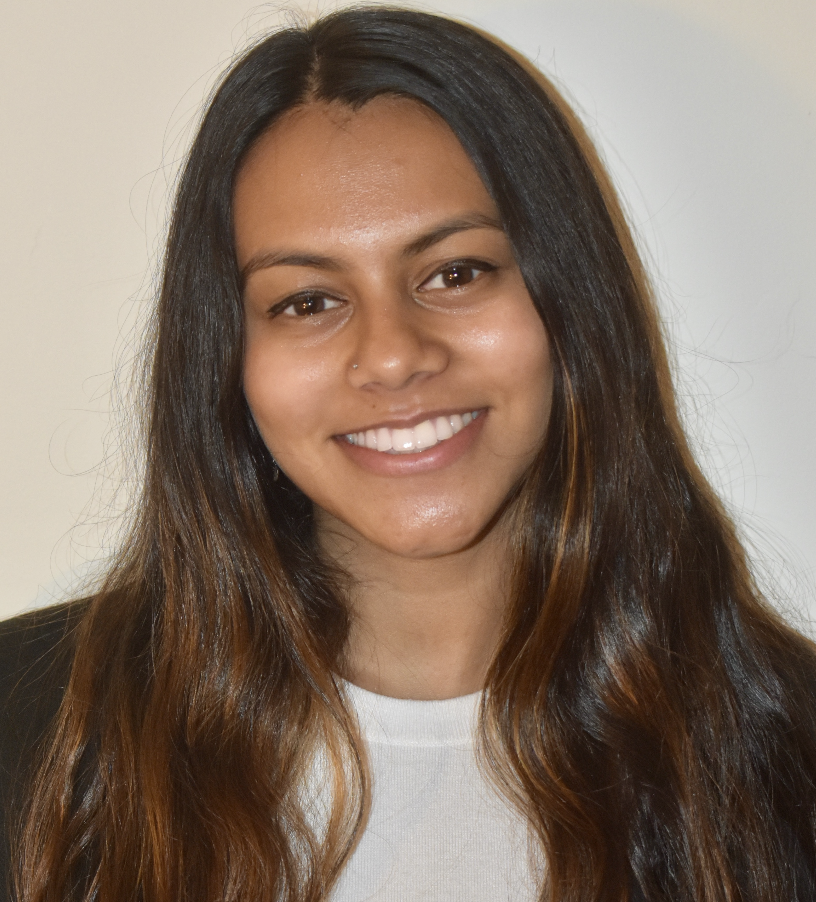I remember the paradoxical mixture of both elation and fear when I received my first medical school interview. I was excited by the prospect of embarking on my journey to becoming a medical school student. At the same time, I balked at the idea of an interview being the barrier between where I was and where I wanted to be. At that point, I would not have considered myself to be a strong interviewer – I remember stumbling through many questions in prior interviews, not having the practice nor the self-confidence to adequately answer each and every question. However, by utilizing the following tips and tricks, I was ultimately accepted at 11 out of the 15 schools I interviewed at and waitlisted at the other 4. Although the tips below are common and relatively well-known, they are difficult to put into practice. However, by doing so, you will ensure that you are adequately prepared for many of the questions you will inevitably be asked.
Think about what gets you out of bed every morning
Medical schools want students who are passionate about the activities and hobbies they are involved in. Reflect on what motivates you – is it the food shelter you volunteer at on Monday nights? Is it the dance group you joined on a whim but eventually grew to love? Is it the biology class that you tutor for every week? Regardless of what it is, think about what draws you to that passion and how the lessons and skills you have learned from it will transfer into medicine. After you have 2-3 passions you want to talk about, think about how you would describe them to a friend. The same way your eyes would light up in that conversation should carry into all of your medical school interviews.
Have responses prepared for common interview questions
Make sure you have responses prepared for the inevitable “Why medicine?” or “Why our school?” For why you want to go to medical school, think about the experiences you’ve had leading up to this day. Was there a specific moment when it clicked that you wanted to become a doctor? What experiences have you had that have shaped your decision to apply? Take time to reflect on the key aspects that led you to the path of medicine.
For questions about a specific school, make sure you do your research! Look for any unique factors in the curriculum, specific research opportunities or programs, or organizations you may want to get involved with. If the interview is an MMI, this website helped me in learning about some of the most prominent ethical topics in medicine: https://depts.washington.edu/bhdept/ethics-medicine/bioethics-topics.
Make sure to also have responses prepared for each of the following questions:
- Tell me about yourself.
- What are your strengths and weaknesses?
- Describe a time that you failed and what you learned from it.
- What was your favorite class (STEM and non-STEM) that you took in college?
- What do you do to manage stress? What are some of your hobbies?
- Is there anything else that you want me to relay to the admission committee?
- And make sure to have your own questions prepared for your interviewer!
Practice, practice, practice!
One of the best ways to build your interviewing skills and self-confidence is to continually practice by doing mock interviews with others. You can get a close friend or find other pre-med students at your school (or on sites like Reddit!) to run through common interview questions with you. Make sure to generally keep your answers between 1-2 minutes long and be receptive to feedback from others!
Remember, this is the last hurdle in the application cycle (and the overall long-winded process that is applying to medical school). Stay calm and remember that the school chose to interview you for a reason. Just as much as they are interviewing you, you are also interviewing them. Take notes, stay confident and positive, and you’ll be well on your way to becoming a doctor!

Comments